#marina warner
Text
The marvels and prodigies, the seven-league boots and enchanted mirrors, the talking animals [...] the stars on the brow of the good sister and the donkeytail sprouting on the brow of the bad - all the wonders that create the atmosphere of the fairy tale disrupt the apprehensible world in order to open spaces for dreaming alternatives. The verb 'to wonder' communicates the receptive state of marvelling as well as the active desire to know, to inquire, and as such it defines very well at least two characteristics of the traditional fairy tale: pleasure in the fantastic, curiosity about the real. The dimension of wonder creates a huge theatre of possibility in the futures: anything can happen. This very boundlessness serves the moral purpose of the tales, which is precisely to teach where boundaries lie. The dreaming gives pleasure in its own right, but it also represents a practical dimension to the imagination, an aspect of the faculty of thought, and can unlock social and public possibilities. [...] The enchantments also universalize the narrative setting, encipher concerns, beliefs and desires in brilliant, seductive images that are themselves a form of camouflage, making it possible to utter hard truths, to say what you dare. The disregard for logic, all those fairy tale non-sequiturs and improbable reversals, rarely encompasses the emotional conflicts themselves: hatred, jealousy, kindness, cherishing retain an intense integrity throughout. The double vision of the tales, on the one hand charting perennial drives and terrors, both conscious and unconscious, and on the other mapping actual, volatile experience, gives the genre its fascination and power to satisfy. At the same time, uncovering the context of the tales, their relation to society and history, can yield more of a happy resolution than the story itself delivers with its challenge to fate: 'They lived happily ever after' consoles us, but gives scant help compared to, 'Listen, this is how it was before, but this could change - and they might.'
Marina Warner, From the Beast to the Blonde: On Fairy Tales and Their Tellers
#I am rereading this book for the first time in many many years#after nearly memorizing it during a certain period in my life#and I love marina Warner very much#marina warner#fairy tales#criticism
113 notes
·
View notes
Text
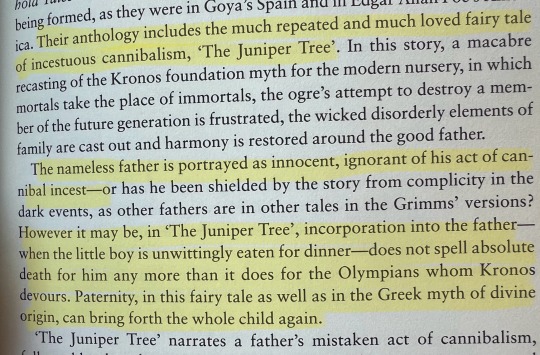
Marina Warner, No Go The Boogeyman
12 notes
·
View notes
Photo
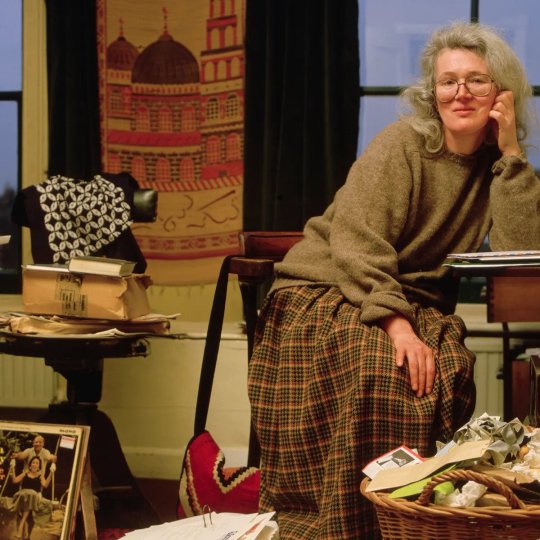
Angela Carter...refused to join in rejecting or denouncing fairy tales, but instead embraced the whole stigmatised genre, its stock characters and well-known plots, and with wonderful verve and invention, perverse grace and wicked fun, soaked them in a new fiery liquor that brought them leaping back to life. From her childhood, through her English degree at the University of Bristol where she specialised in Medieval Literature, and her experiences as a young woman on the folk-music circuit in the West Country, Angela Carter was steeped in English and Celtic faerie, in romances of chivalry and the grail, Chaucerian storytelling and Spenserian allegory, and she was to become fairy tale’s rescuer, the form’s own knight errant, who seized hold of it in its moribund state and plunged it into the fontaine de jouvence itself.
- Marina Warner on Angela Carter
#warner#marina warner#quote#angela carter#literature#fairy tales#stories#author#writer#writing#arts#culture#femme#icon
121 notes
·
View notes
Text
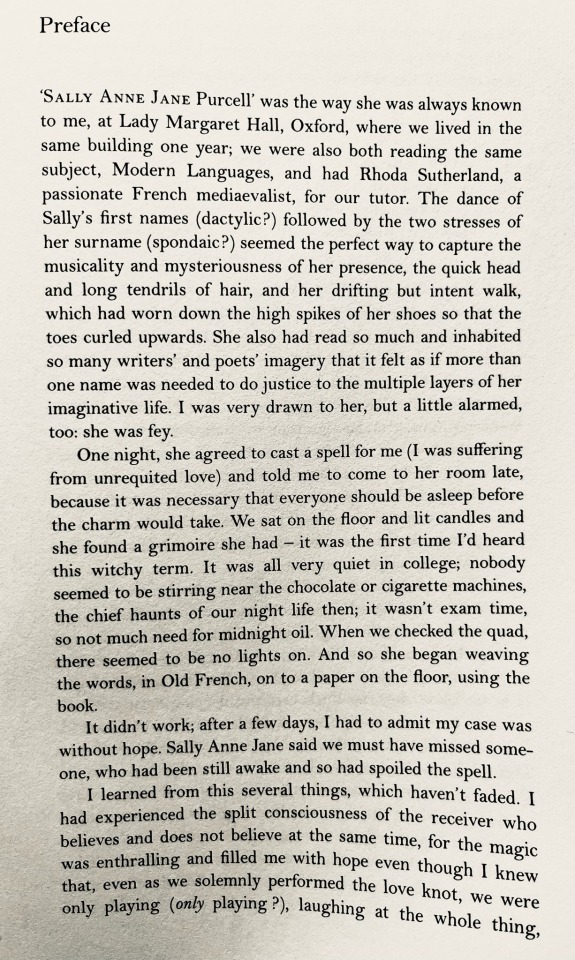
Got in the post today a copy of Sally Purcell’s Collected Poems, with a preface by Marina Warner. I love a good book of poems by a poet I’d never heard of before, with a preface that opens like a novel I want to read.
“We sat on the floor and lit candles and she found a grimoire she had - it was the first time I'd heard this witchy term. It was all very quiet in college; nobody seemed to be stirring near the chocolate or cigarette machines, the chief haunts of our night life then, it wasn't exam time, so not much need for midnight oil.”
19 notes
·
View notes
Photo



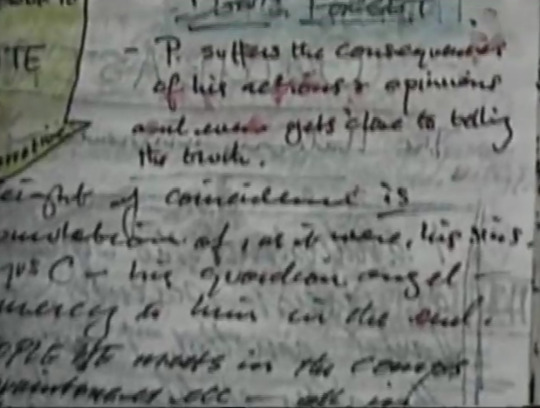


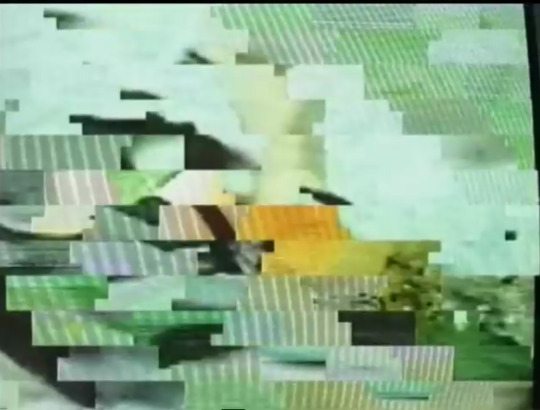



Asylum (2000)
#asylum#asylum or the final commission#chris petit#iain sinclair#micheal moorcock#ed dorn#james sallis#marina warner#talks
12 notes
·
View notes
Text
Like time she is travelling at speed, but unlike time, she is not moving regardless of us. She has become conscious of our passage into the future. The arrest of Nike in mid-flight, her halt over the head of the victor folds together the moment of unutterable good fortune when we come to the attention of destiny instead of hurtling on willy-nilly while undifferentiated time streams by. When she comes to a standstill in mid-flight over us she tells us that time now augurs well. And for a moment time's dread fades.
It is interesting that Nike is so often represented as a sculpture, that she was carried around as a fetish by rulers in the form of a statuette. Her essence is that we have caught her and brought her to a stop. […]
Nike appears on vases as a statue; she appears on statues as a statue, standing in the palm of Athena, or of Zeus. Her form stirs us so profoundly and has survived so resonantly because, without myth, without story, she nevertheless tells with unsurpassed eloquence of the greatest of mysteries, humanity's passage through time, and seems to promise us dominance in the area where our wills can have no power. History can be annexed and turn into personal story, a moment of glory, if the angel stays on our side, keeping us in sight.
Under the Romans, Nike/Victoria, as the angel of moment, was sometimes conflated with Fortuna, the goddess of fortune, who enjoyed an early cult in Rome, as the principle of destiny, Fors Fortuna.
Marina Warner, Monuments and Maidens
#marina warner#monuments and maidens#nike*#athene#victory#time#destiny#hellenic deities#roman deities#victoria#fortuna#before reading this book I had never thought of nike as a goddess connected to time#actually I had never thought of her much at all but this book showed her to me in a new light#long post
2 notes
·
View notes
Text
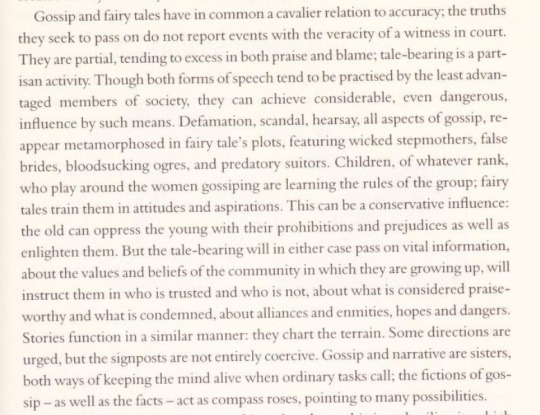
— From the Beast to the Blonde: On Fairy Tales and their Tellers by Marina Warner
12 notes
·
View notes
Text
Picked up an old book of Queen Victoria's art: that is, art by Queen Victoria, who was a prolific amateur and even took lessons from some eminent artists at the time. As a teenager, she was fond of older men and brooding handsome types, and she could have done some numbers on Tumblr. This is Lord Melbourne, the first man who was nice to her, and she draws him like a fan artist—big eyes and everything.
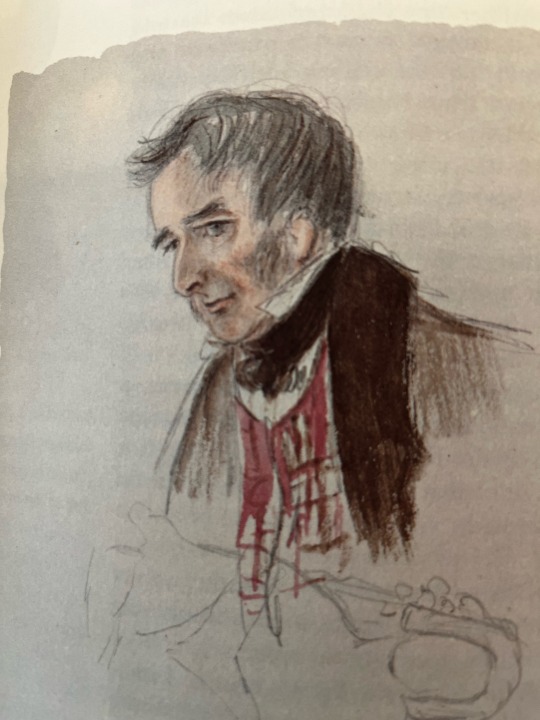
She liked her men brooding.

She thought Albert was so handsome that she could hardly stand to draw him.
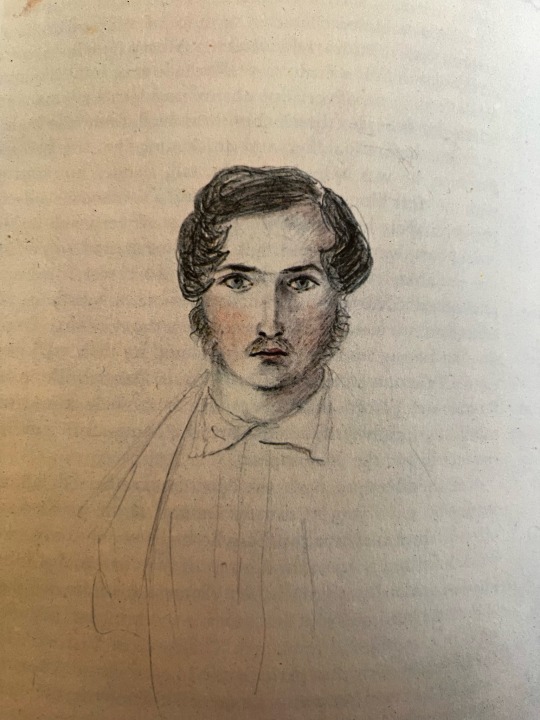
She was very observant on a small scale -- good at portraiture, which was her chief interest, and skilled with her use of color. But there was no chance for her to become innovative.
As in everything else, it didn't matter that Victoria was talented and bright when there was no one who had any interest in educating her more rigorously. For one thing, women in general were rarely allowed to do nude studies, much less the likes of her. She never really mastered depth of field or the squishy odd angles that human faces can make when they are tilted down or crammed against restrictive clothing. In general, the inanimate didn't interest Victoria, and what didn't interest her, she didn't have to deal with.
So she didn't. She didn't challenge her own thinking, and it was not in anyone else's interest to do so until it was too late. Her absolute refusal to change or think more broadly created problems for the nation and generational trauma in her children, resounding even today.
Anyway, this pretty little sketchbook demonstrates that monarchy is horrible for everybody.
3 notes
·
View notes
Text
The characters do what they do without question - from themselves or from us
- marina warner
2 notes
·
View notes
Text

[Dutton in 1988 (edited by Marina Warner and Paul De Angelis).]
#s19e07 from meatballs to lollipops#guy fieri#guyfieri#diners drive-ins and dives#paul de angelis#marina warner#dutton
2 notes
·
View notes
Text
Bartók wrote at the time of composition [of the opera Bluebeard's Castle]: 'Women should be accorded the same liberties as men. Women out to be free to do the same things as men, or men out not to be free to do things women aren't supposed to do - I used to believe this to be so for the sake of equality...' He does not go on to retract his opinion, but qualifies it as necessary because repressing women's desires constitutes a graver risk than allowing them equal expression.
The heroines of twentieth-century stories about marriage to a beast no longer reject him: they are shown welcoming the discoveries the union brings them. The opera dramatizes a ritual of an initiation which can never be fully achieved, and its ultimate import, unlike its predecessor's, stresses surrender: Judith meets the fate that the earlier heroines are spared, but she steps into the void fully aware of what she is doing.
Marina Warner, From the Beast to the Blonde: On Fairy Tales and Their Tellers
#be bold be bold but not too bold#fairy tales#criticism#marina warner#opera#bluebeard#demon lovers#save her with fear
77 notes
·
View notes
Photo
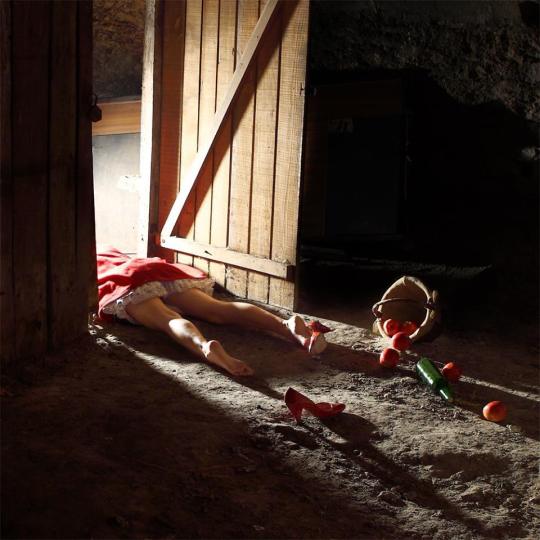
Storytelling is a dangerous vocation, for the fairies punish those who return to tell their secrets.
- Marina Warner, Once Upon a Time: A Short History of Fairy Tale
#warner#marina warner#quote#fairy tales#literature#stories#childhood#fairies#red riding hood#secrets
39 notes
·
View notes
Photo
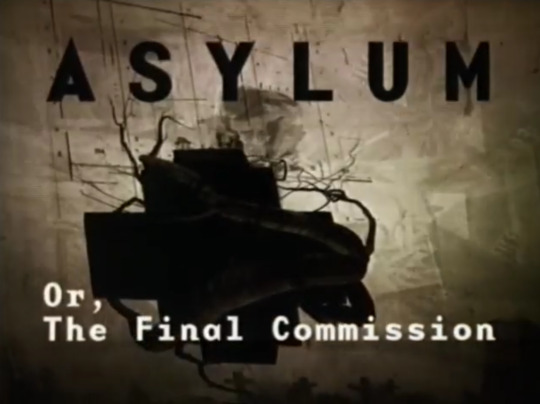

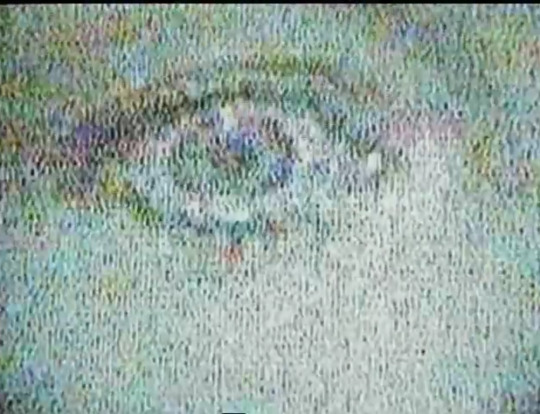

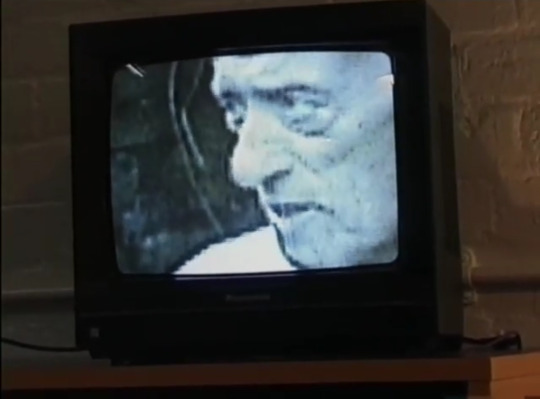


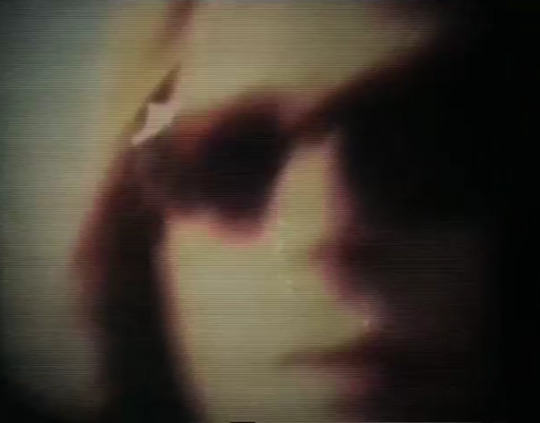


Asylum (2000)
#asylum#chris petit#iain sinclair#micheal moorcock#ed dorn#james sallis#marina warner#talks#asylum or the final commission
16 notes
·
View notes
Text
Just as Metis the Titaness, her vanished mother, was protean, so Athena, daughter of Metis, functions in the Odyssey as an individual agent of reversal and advance in the story, but also as an abstraction, a daimon internalized in other characters of the poem. She is artful, both goddess of thought and personification of thought processes, of the restless and infinite changes that the mind performs as if assuming and abandoning so many costumes and disguises, in the course of play-acting, in paint, sculpture, and writing.
Marina Warner, Monuments and Maidens
#marina warner#monuments and maidens#athene#odyssey#metis#hellenic deities#homer#ancient greece#quotes#mind#consciousness
2 notes
·
View notes
Text
Viral Landscape by Helen Chadwick
Helen Chadwick from the Viral Landscapes,1989
I don’t remember when I first saw Helen Chadwick’s Viral Landscapes – I suspect I went to the Museum of Modern Art in Oxford and saw them there in 1989 – but I do know that I have never forgotten them.
I think there were only five of these extraordinary pictures in the series, although I surprise myself now by finding what seem to be variants…
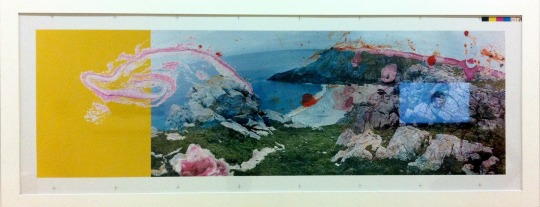
View On WordPress
#Art Photography#Chelsea School of Art#CSM#David Buckland#Goldsmiths#Helen Chadwick#Hiroshi Sugimoto#HIV#Landscape Photography#Marina Warner#Mixed Media#Modern Art Oxford#Royal College of Art#Susan Derges#Thomas Joshua Cooper
0 notes
Text
The New Yorker: Marina Warner Sees the Myths in Our Moment

View On WordPress
0 notes